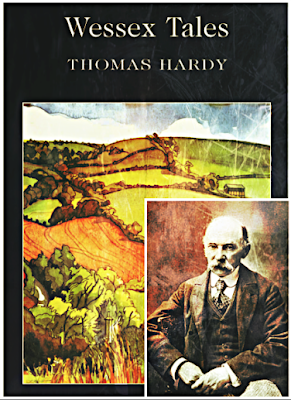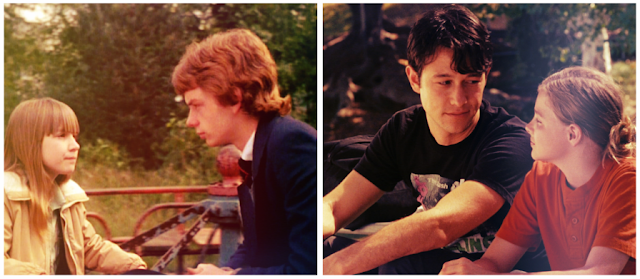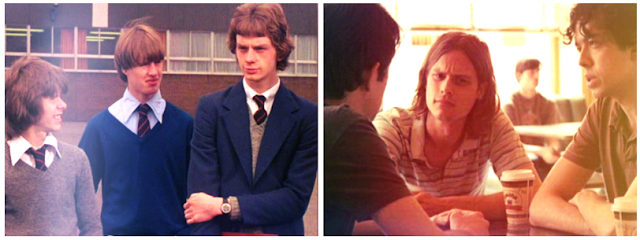Starring: Ryan Gosling, Bradley Cooper, Eva Mendes and Dane Dehaan.
Synopsis:
Travelling stuntman Luke Glanton learns he is a father after a brief love affair but with no stable financial prospects to speak of is rejected by ex-lover Romina (Eva Mendes). Determined to prove his worth as a father, Luke takes up employment with mechanic and ex-bank robber Robin. Soon Luke picks up where his friend long ago retired, and begins a string of bank heists to provide for his son.
Bradley Cooper is Avery Cross, a local cop keen to live up to the prestige of his father, a respected judge. Struggling to climb the ranks of his career, Avery finds his moment of glory in the films pivotal moment, yet marred by his own dubious morality. When Luke and Avery's paths cross, the encounter sets in motion an emotional story of fathers and sons, morality and redemption.
Thoughts:
Although I adored this film beyond anything, it was one that I preferred not to immediately over analyse and critique. I instead ruminated on how seamlessly two separate narratives - one of the wayward stuntman Luke Glanton, pursuing a life of crime for the benefit of his estranged baby son, the other of morally dubious Avery Cross - weaved into the other. With a generational slant to the story, the two drastically different men leave a potentially devastating legacy to their respective sons.
What I loved above all were the beautifully understated performances from the cast. Ryan Gosling's character left a presence which lingered throughout the latter parts of the story, a ghostly remnant hanging over his troubled son, played by a poignantly weary eyed Dane Dehaan. Gosling's scenes with his infant son are tender and bittersweet, at odds with his harder, tattooed exterior. Possessing a fatherly instinct that is effortlessly innate and pure, Luke is still too wayward to provide the stability his son and Romina need. The film's subtle parallels between father and son are subsequently sad and uplifting, hopeful and helpless as we wonder whether history is doomed to repeat itself or whether it can exonerate those chained to its past.
The Place Beyond The Pines has a voyeuristic style to it, with wide panning, sky high shots coupled with those closely shadowing characters from behind, almost as if the audience is acting as the silent moral conscience of the story. The cinematography is beautiful, with a sense of poignancy and sadness permeating the overarching themes of forgiveness, self acceptance and redemption. Coupled with a beautiful score including Ennio Morricone's Ninna Nanna Per Adulteri, The Place Beyond the Pines is one of those films hard to leave behind, perhaps best encapsulated by this quote from Dehaan -
"People always say it lingers you know? Like I saw the film last night and it's still sitting right here."
A melancholic tale of dysfunctional family ties and the ambivalence in what can be defined as right and wrong, The Place Beyond The Pines carries a strong sense of fate and melodrama that suitably appeals to the emotions. A stand out offering from director Derek Cianfrance.



































